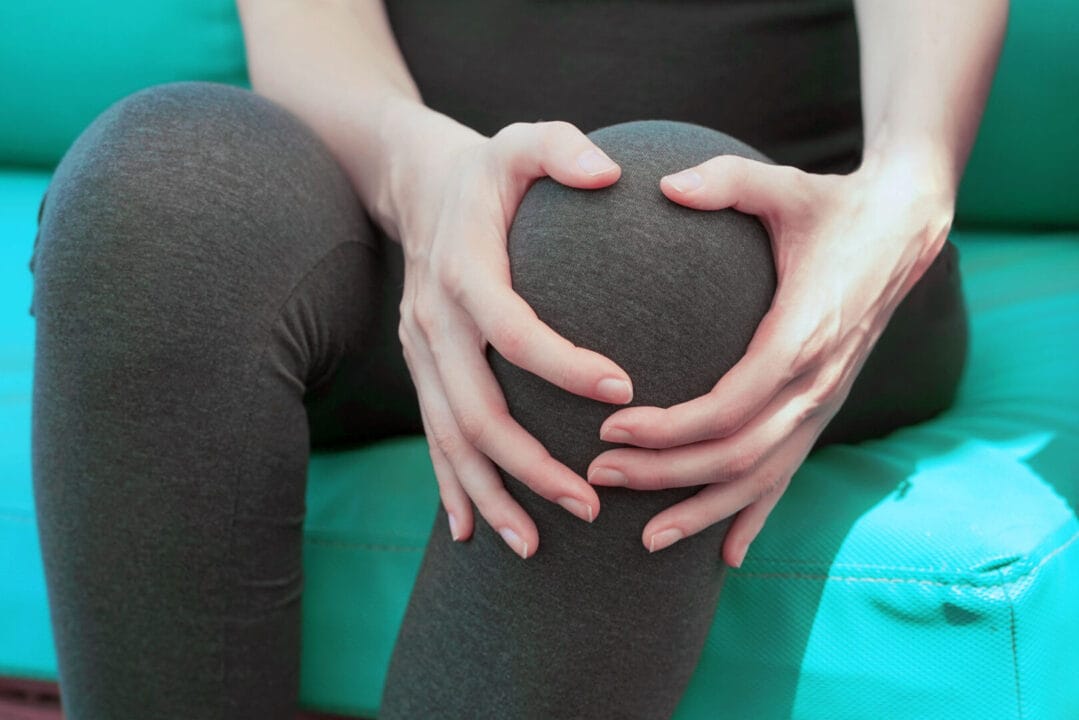 Obesity doesn’t happen overnight and is a condition where someone builds up such an amount of body fat that it negatively affects their health. To be obese is to have body weight that’s 20 percent higher than normal or if your Body Mass Index (weight in kg/height in m2) is 30 or over.
Obesity doesn’t happen overnight and is a condition where someone builds up such an amount of body fat that it negatively affects their health. To be obese is to have body weight that’s 20 percent higher than normal or if your Body Mass Index (weight in kg/height in m2) is 30 or over.
Common causes of obesity include consuming too many calories while leading a sedentary lifestyle and not getting enough sleep. However, certain medications could also contribute to weight gain and obesity could also be genetic due to a faulty gene called FTO where its carriers tend to overeat, prefer high energy, fatty foods and take longer to feel satiated.
Complications of obesity include the increase in risk of conditions such as heart disease, high blood pressure, stroke, Type 2 Diabetes Mellitus, cancer, sleep apnoea, gallstones, infertility or osteoarthritis. Additionally, obesity could impact a person’s mental health in ways such as diminished confidence, feeling socially isolated and even discriminated against.
 What it does to our joints
What it does to our joints
One aspect of obesity that needs to be addressed is its impact on our joints. With extra weight or stress put on the joints, there is bound to be some complications. An important thing to note is that obesity increases a person’s risk of developing arthritis and also worsen symptoms of arthritis. Osteoarthritis is the most common type of arthritis and is characterised by the breakdown of cartilage. The more weight is put on a joint, the more stressed it becomes and thus, it will wear down and be damaged. This is more in addition to excess stress on the hips and knees, excess fats could promote prevalent in weight-bearing joints such as the inflammation. This is because fats are active tissues that also produce and knees and hips. release chemicals and its effects can be seen in cases of hand osteoarthritis.
Exercise for your joints
For those who are obese, it is best for them to reduce their weight until they hit their healthy limit. The easiest answer to the question ‘How to lose weight?’ is by consuming less calories than you burn. However, this doesn’t mean you’re allowed to eat whatever you want as long as it is within your calorie limits.
Eating a healthy meal that adds up to 400 calories is much better than the same amount of calories in a pizza. Having balanced meals which consists of lots of fruits and vegetables, moderate amounts of carbohydrates and healthy fats is what we should aim for. It is possible that for people who are obese, there needs to be more restriction when it comes to their diet and this is best discussed with a health professional such as a dietitian or doctor handling the case. As for increasing your ability to burn calories, that’s down to exercise. Exercise is a great way to lose weight and also increases your overall strength. It is not advisable for people who are obese to immediately start a harsh exercise regime because the load on their joints could be too much and lead to injury.
Common causes of obesity include consuming too many calories while leading a sedentary lifestyle, and not getting enough sleep.
Slow and low-impact exercises such as aqua walking where you walk from one end of the pool to another. The water will support the excess weight and provide a little resistance for your workout. If the pool isn’t something you’re comfortable with, perhaps a stationary bicycle would suffice. It keeps you off the ground and thus there’s less weight put on your knees. Cycling is a great way to get your heart racing and work up quite a sweat! Go walking every day for at least half an hour just to get your body moving and your heart pumping.
 When you’ve lost a little weight and feel stronger, move on to more high intensity exercises to really amp up your weight loss. Join a Zumba class or get some help from a personal trainer to help you maximise your workouts.
When you’ve lost a little weight and feel stronger, move on to more high intensity exercises to really amp up your weight loss. Join a Zumba class or get some help from a personal trainer to help you maximise your workouts.
The most important thing to watch out for is that if you feel any pain at all, stop your workout and rest. If the pain persists for more than two to three days, it’s best to see a doctor to rule out any injury. Before embarking on a weight loss journey, always consult your doctor who will be able to provide proper diet and exercise advice especially if you have other pre-existing conditions.
References: Arthritis Foundation; Medical News Today.











